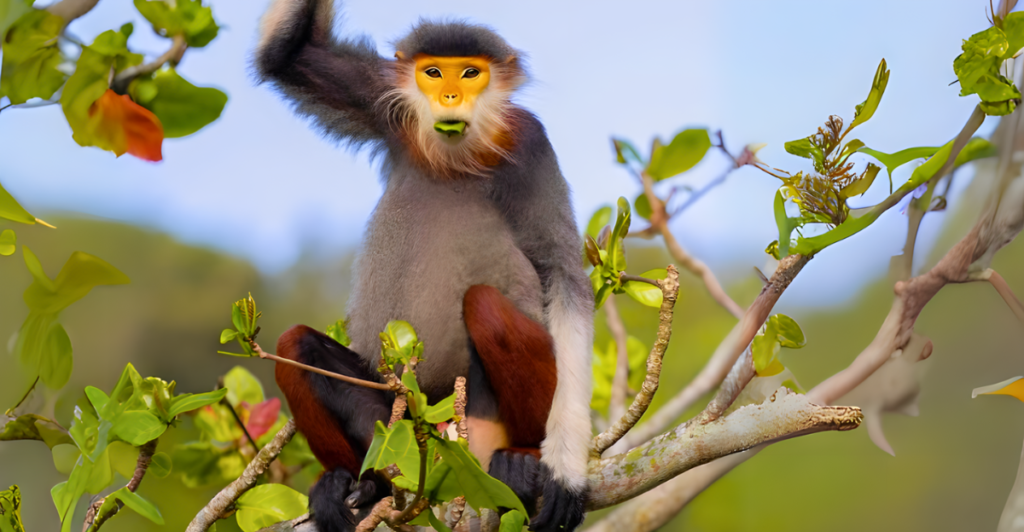
One of the rarest primates on the planet may be lost. The Niger Delta red colobus is one of the rarest and most unknown primates on Earth. With less than 500 left, the monkey is almost extinct. Few people have even heard of it. Before it disappears forever, this is why we should care.
A Primate In Peril
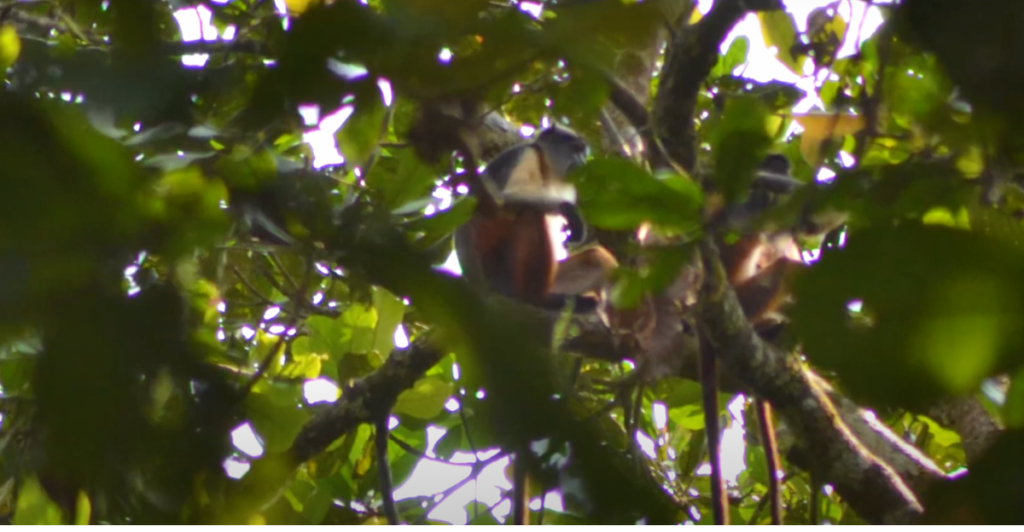
Unlike gorillas or chimps, there have been no attempts to protect the Niger Delta red colobus up until recently. The monkey lives only in a small part of Nigeria, but deforestation, oil spills, and hunting destroy its home. If nothing changes, it may soon be gone forever.
Discovered Too Late?
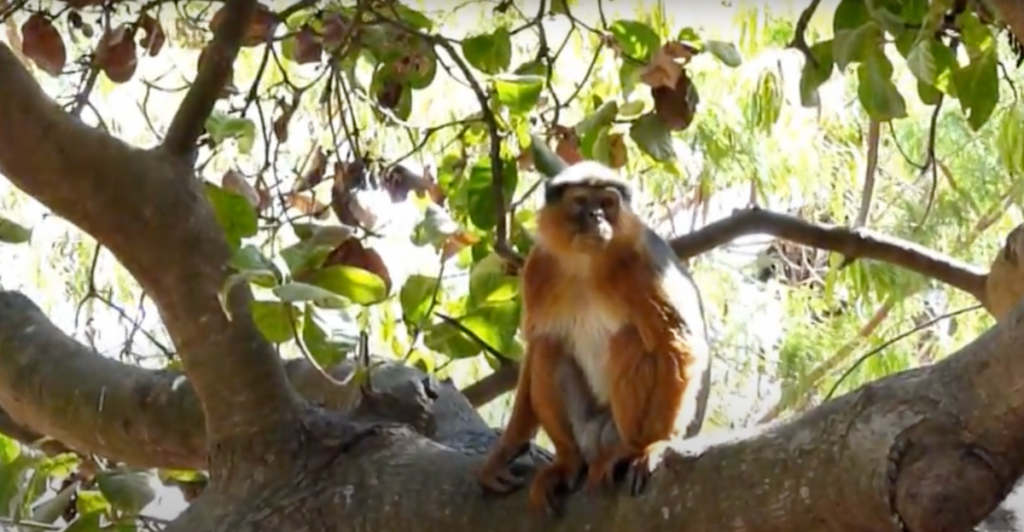
This monkey was only discovered in 1993. At first, it was thought to be a subspecies of another colobus, but in 2007, scientists confirmed it had distinctive genes. By the time scientists discovered this however, its population had already been decreasing.
What Does It Look Like?

It has unique red fur, a long tail, and a small face. Compared to some monkeys that are hyperactive, the red colobus moves slowly. It’s, unfortunately, an easy target for hunters… There are very few clear photos of it in the wild.
A Social Species
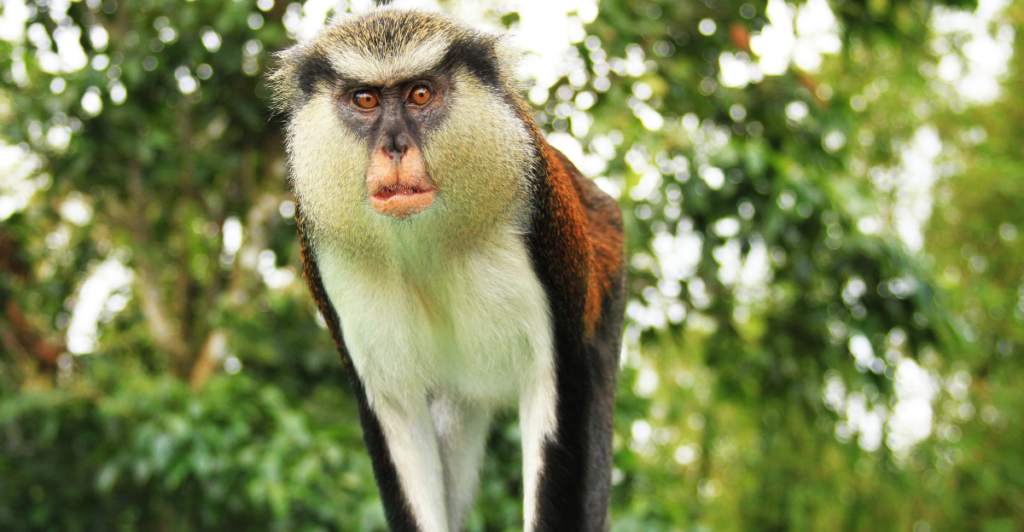
Red colobus monkeys stay in big groups and often integrate with other species like the Mona monkey. They are a playful breed, but sadly, their social behavior doesn’t protect them from humans.
No Legal Protection
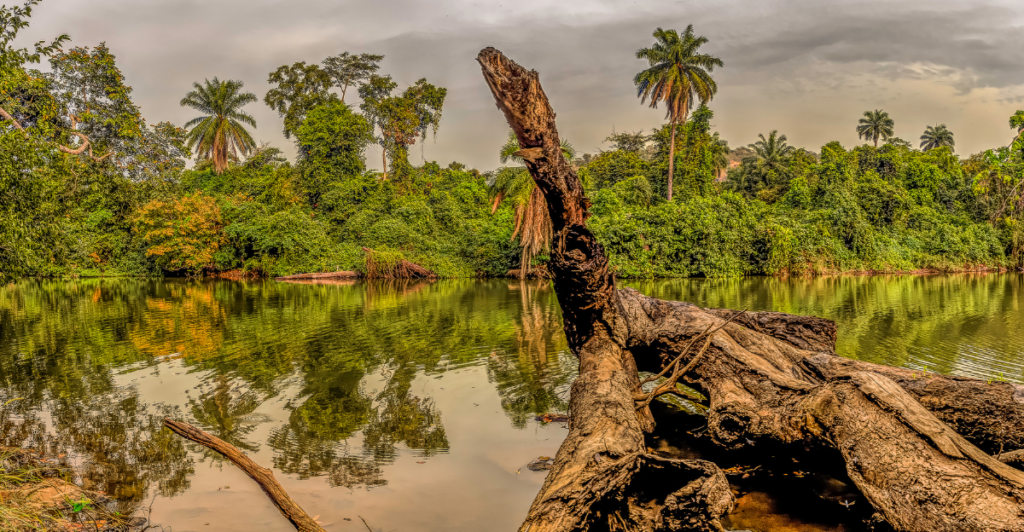
Even though they have been listed as Critically Endangered since 2008, there are no laws protecting this species in Nigeria. Hunters are still killing them as they please and lumberjacks are destroying their forests with no consequences. Without any legal moves, the Niger Delta red colobus is fighting a losing battle.
The Habitat Crisis
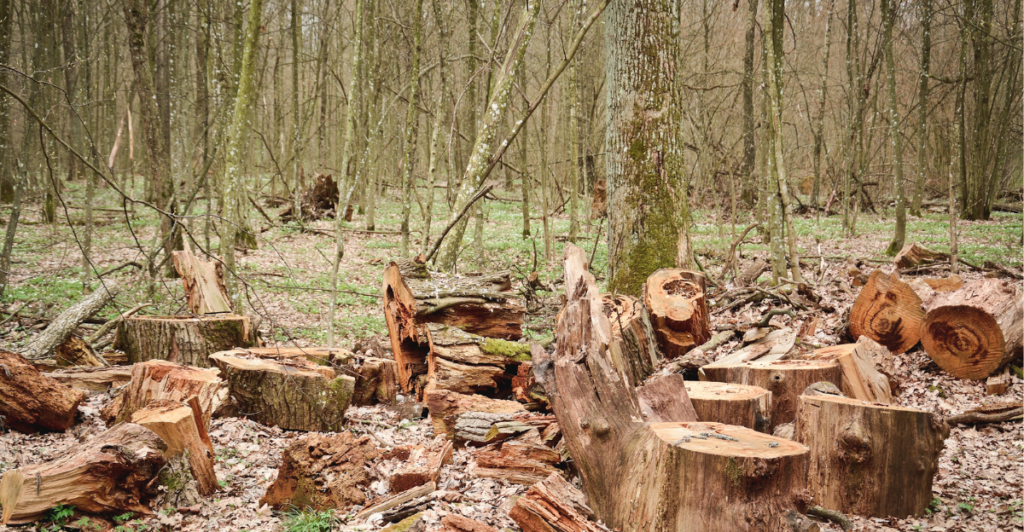
The Niger Delta has been subject to massive deforestation, losing nearly a third of the forests it lives in in only ten years. Logging companies cut down trees like the ‘abura’ tree, a vital food source for these monkeys. The Niger Delta red colobus is left with nowhere to go with its forests destroyed.
The Oil Problem

Decades of oil drilling in the Niger Delta have destroyed the environment. Oil spills poison water sources and force wildlife away. Suburbs and industrial expansion have also made it more difficult for the red colobus to survive.
A Changing Diet
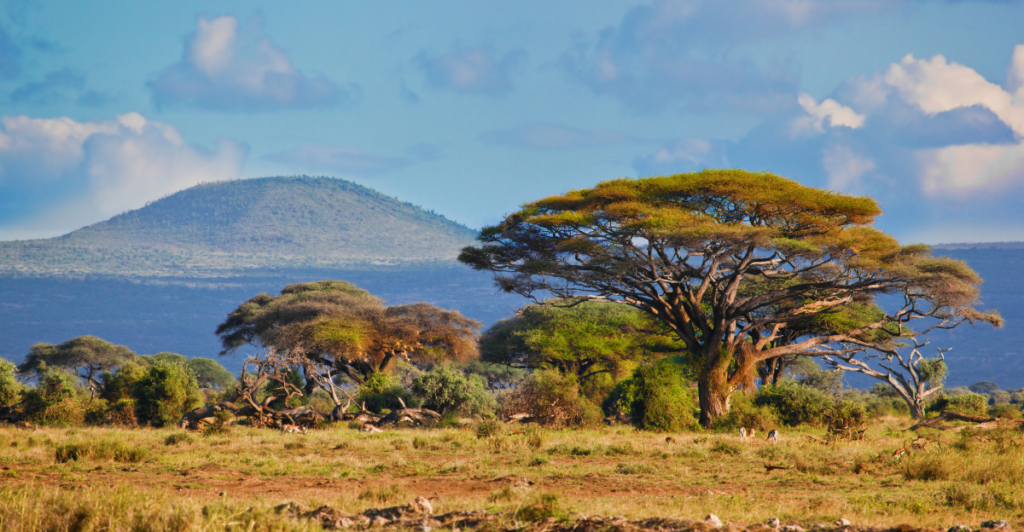
Local residents in the Niger Delta once depended on fish, but as industries took over the waters, they had to rely on bushmeat. Though some hunters say red colobus isn’t very tasty, its slow movements make it easy to target when food sources are scarce.
Can It Be Saved?
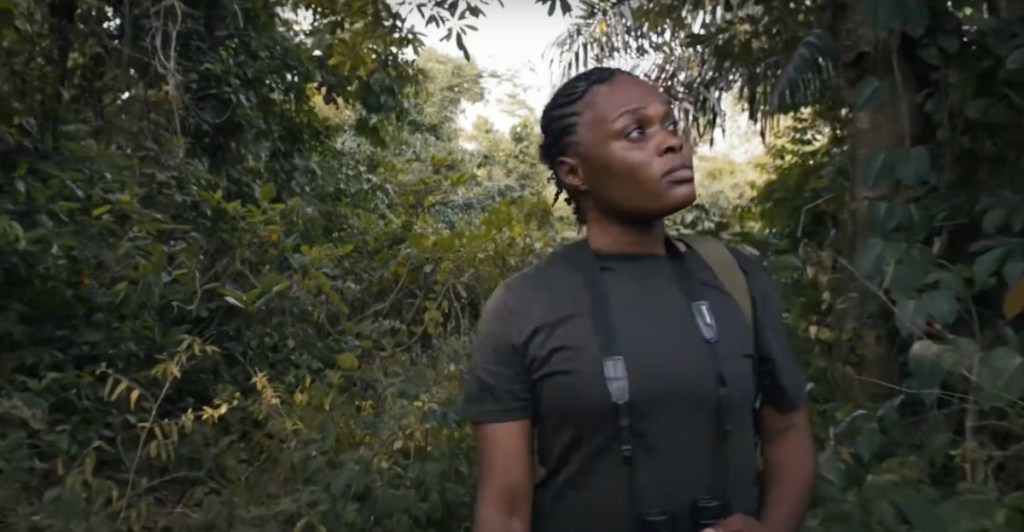
Rachel Ashegbofe Ikemeh a conservationist in Nigeria, believes the species can still be saved. She’s pushing for legal protection, creating awareness, and protecting at least 500 square kilometers of its habitat. But she can’t do it alone.
What Needs To Happen?

To save the red colobus, the Nigerian government must prohibit hunting and logging in the animal’s territory. Local communities need sustainable alternatives to bushmeat. Global pressure could help force change.
How You Can Help
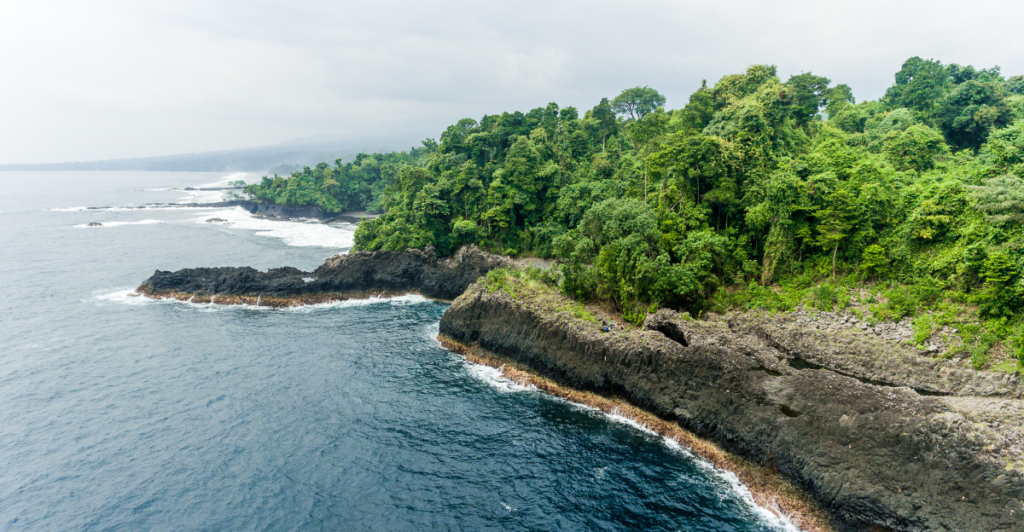
Even if you’re far from Nigeria, you can still help. Support organizations fighting for endangered species. Spread the word about this forgotten primate. Conservation efforts work best when people know what’s at stake.
A Future Without The Red Colobus?
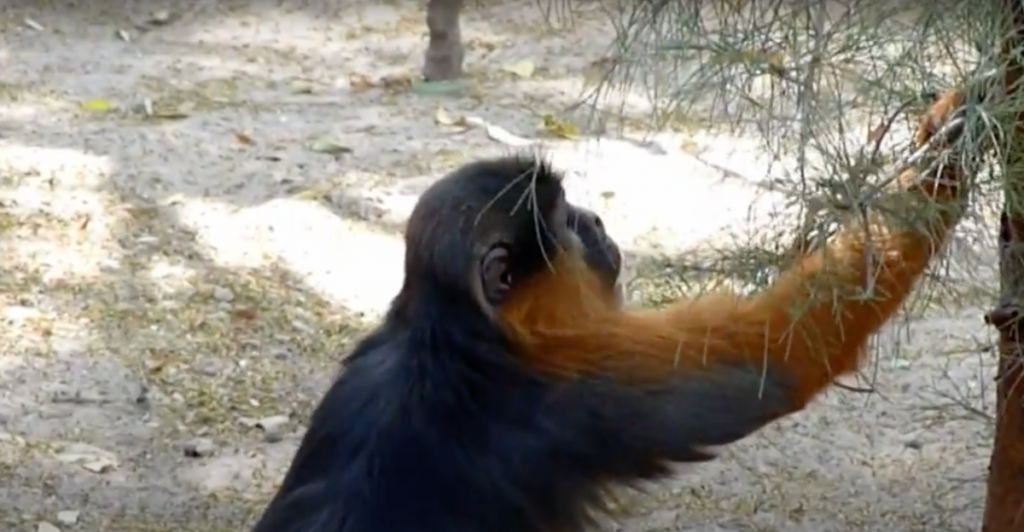
If nothing happens, the Niger Delta red colobus could be the first primate to go extinct in a century. But if we act now, we can change that. Protecting this monkey isn’t just about saving a species. It’s about preserving ecosystems and biodiversity for future generations.
Discover more of our trending stories and follow us to keep them appearing in your feed

The War on Cows Is Over—And Green Extremists Have Lost
Bobcats Are Making a Comeback—And They Might Be Protecting Us From Disease
Massive Solar Plant Is Shutting Down Early—Saving Californians Over $500M
After 800 Years of Silence, This American Volcano Shows Signs of Activity
References:
Reference 1
Reference 2
This article first appeared here
Stay connected with us for more stories like this! Follow us to get the latest updates or hit the Follow button at the top of this article, and let us know what you think by leaving your feedback below. We’d love to hear from you!







